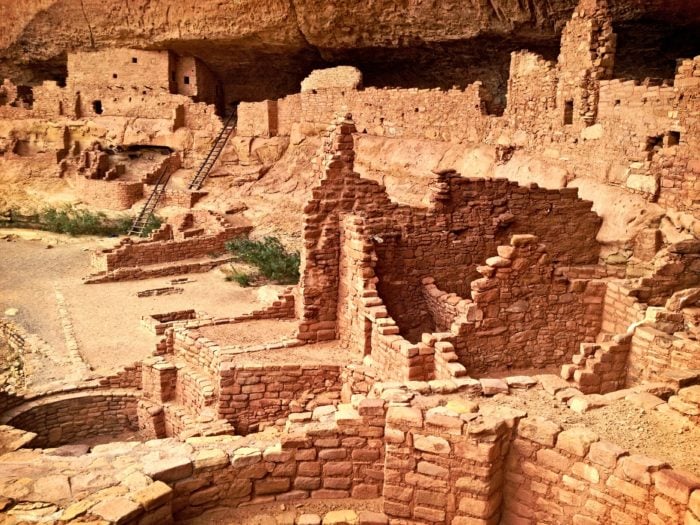Life After the SHTF Event
It happened. Sh*t finally did hit the fan. Now what? Most of the posts on Bunker Basics are related to preparation for a SHTF event. I’ve highlighted how we could anticipate threats to our security and what we need to do to insure against them. That said, I haven’t yet covered what we would happen if one of those worst case scenarios actually occurs. Life as we know it will end and a new world order will emerge. What type of order will be established and what will our roles be? To better understand what life would be like, we can take a look at our past.
Smaller Communities
If SHTF, we can assume many of the technological advances we’ve achieved over the last hundred years or so will be rendered useless. Whether the cause of the event is an EMP strike, nuclear attack, or devastating weather event, it is safe to say that the level of connectivity we currently enjoy will be compromised. After the 9/11 terrorist attacks, New York City’s phone network was overloaded. This “mass call event” prevented many of Manhattan’s citizens from reaching their loved ones.
Imagine if the entire electrical grid went down? The disruption would be striking. Long distance messages would need to be delivered by courier, face to face conversations would be required, and the public forum would again be the method of building consensus. Due to the impracticalities of communication on a wide scale, differences between cities would grow more pronounced. Municipal governments will have a lot more impact and influence over the communities they govern.
Eventually, as we bring communications systems back online, community best practices will spread at more rapid rates. Those large differences will begin to disappear as national identities are formed. Government platforms will become more centralized and viewpoints will become less diverse.
- Important point: In rebuilding our institutions, we need to give more power to the people. At the municipal level, your elected representatives look you in the eye while disagreeing with you. This intimate connection gets lost at the national level, so we need to work to maintain that level of intimacy as society rebuilds. Leadership should be accountable to those they govern, rather than the special interest groups that have grown so powerful in politics today.
Referring to the Ancients
How do we rebuild without all of the smart machines we currently use? If the pool of information we had on the Internet dried up, we’d have to settle for puddles. The published works of inventors throughout history will serve as guideposts for efforts to rebuild. We won’t need to reinvent the wheel. We’ll just need to relearn how it was first invented. Today, we are able to capitalize on enormous foundations of knowledge that have been built over the course of hundreds of years. We can think of a SHTF event as a way of crumbling that foundation.
Nassim Taleb writes in his many books about the wisdom of the ancients. Time separates good ideas from bad ideas. Bad ideas are discarded, whereas good ideas are built upon. History’s most important inventions, like electricity, telecommunications, and the internet have a place in a post SHTF society. While these discoveries are by no means “ancient,” their utility has been shown over time. Old textbooks packed with information on how these inventions were discovered would be worth their weight in gold.
What about some of the more recent inventions, though? Social media has led to the proliferation of fake news. It has been shown to further polarize our society. Do we really want to introduce this to a society we’re rebuilding? Those establishing the new world order need to ask themselves tough questions like this. We will have the benefit of hindsight, so it’s important we use it.
Commons Without Tragedy
We only have one world. It’s currently occupied by nearly 8 billion people. The fractures that are emerging between nations are introducing more and more threats to humanity. I can’t possibly forecast how likely each threat is, but I’d like to think that if we could start from scratch, we’d do things differently. Humans are territorial, unique, and require companionship. We’d need to respect differences early, form strong bonds, and divide territory while agreeing to shared land use.
Rebuilding society after a SHTF event would not be easy. It would take time, ingenuity, and collaboration. We can learn from mistakes of the past and rebuild on an even stronger foundation.
Have thoughts on the best way to rebuild after a SHTF event? Leave a comment or contact me directly.


